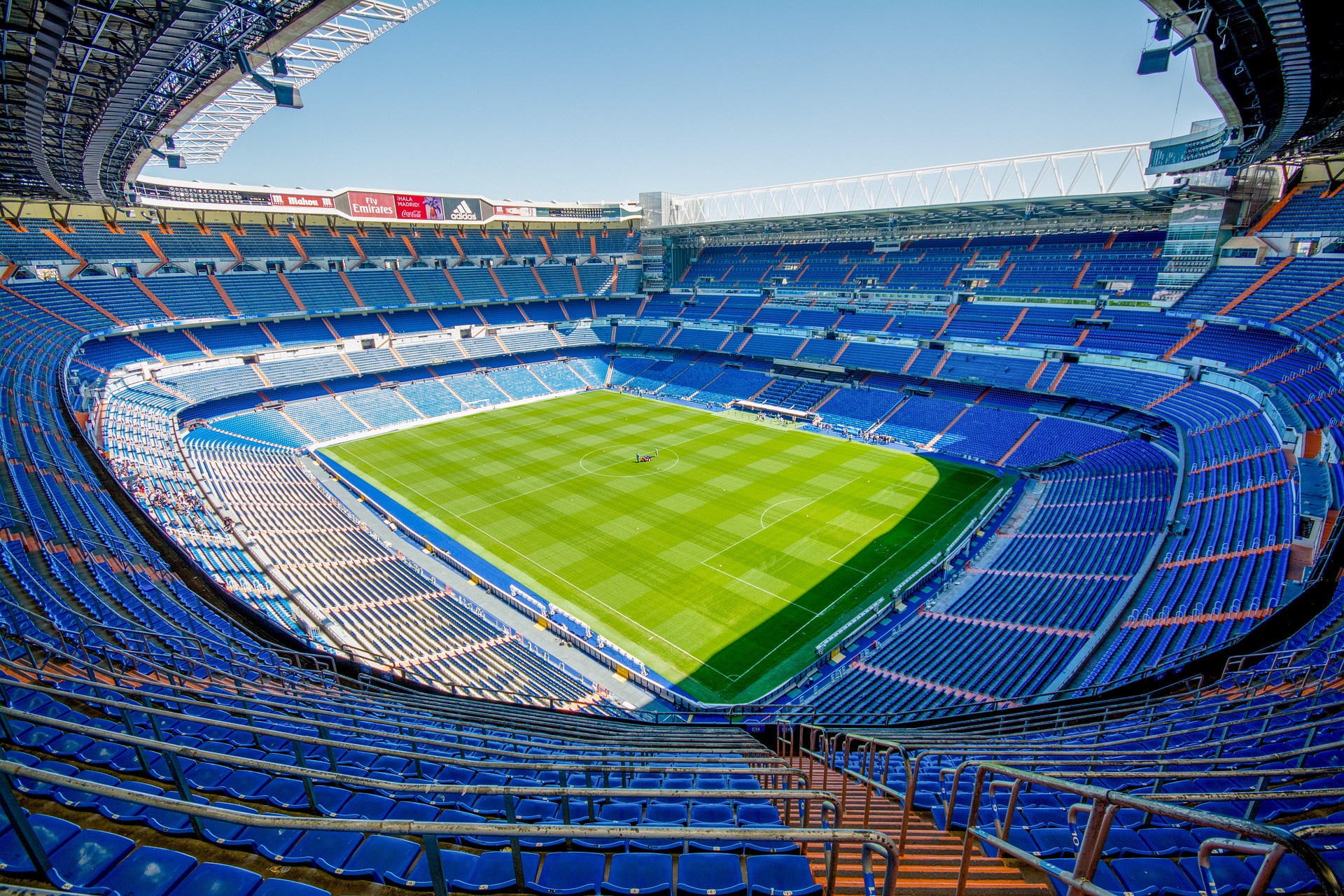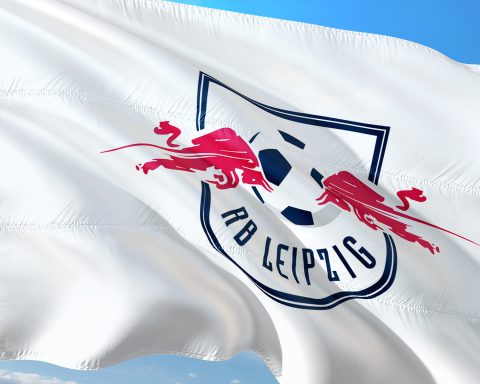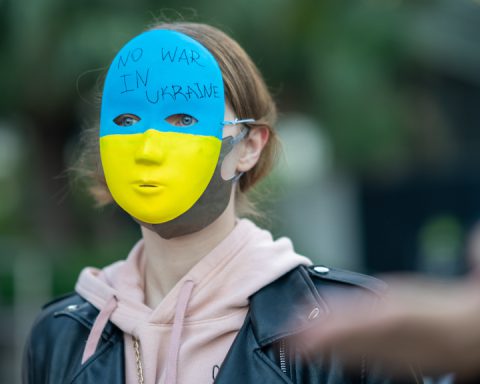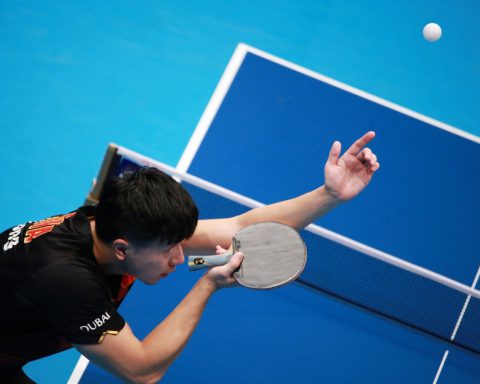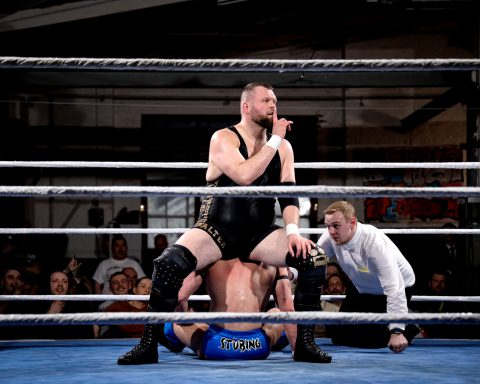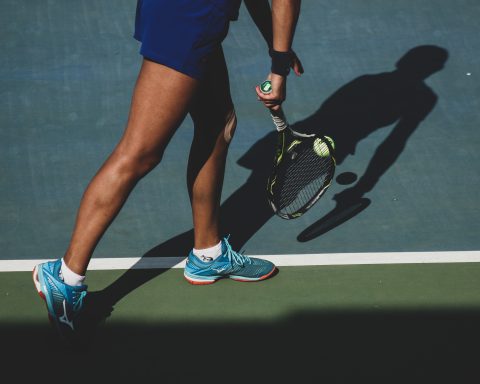The word’s most important sporting event is over. I wonder what I’ll do with my time now.
So what better way to look back at mankind’s most grandiose sporting feast (sorry, Olympics), than with the time honored tradition of selecting the tournament’s ideal team – the World Cup’s Best Eleven?
You may remember that for Die Mannschaft, the FIFA World Cup 2018 ended in spectacularly horrific fashion with their exit in the group stage. Hence, they became another victim of the “Champion’s Curse.”
But moving beyond Team Germany, the World Cup held in Russia was full of surprises and terrific new talent. Let’s get on to that part now, shall we?
Football has rules – and so does picking the “Best Eleven.”
The first rule if obviously selecting a formation. I will use a 4-3-3 formation, as many teams used it and it allows for a balanced distribution of players.
The second rule is that I will pick from teams that made it at least to the quarterfinals, so as to choose from the very best.
The third rule balances out the second one, which is that I favor players little-known before the tournament – “underdogs” – over well-known football stars.
The fourth and last rule is that I only select a maximum of two players per country, with the exception of France, which get a maximum of three slots for being the new world champions.
These rules are different from other Best Eleven formations, like the one by Tifo Football.
However, Tifo Football’s pick of Best Eleven serves as a good point of comparison for mine. They opted for two rules: No more than one player from each country, and the chosen team must be able to play together.
I think that restricting the choices to one player per country is interesting, but is a disservice to the up-and-coming talent shown by teams at the semi-final and final stage. On their second point, you let me know if Daniel’s Best Eleven is a team that can play together.
Daniel’s Best Eleven
Goalkeeper
First things first, the man guarding the gate to glory (for the opposing team). There are several good choices for this position, like Kasper Schmeichel from Denmark and Hugo Lloris, captain of the French champions. However, Schmeichel’s team didn’t make it past the round of 16 and Lloris’s flop in the final game does not make him worthy of the best keeper accolade.
I give this spot to Croatia’s Danijel Subašić. He carried Croatia through two penalty rounds in the round of 16 and the quarterfinals, and was able to hold his own against the attacking prowess of teams like Argentina and Nigeria. In my view, he is a prime reason why Croatia reached the final game in Moscow.
The four-man defense
Most games in this World Cup weren’t very high scoring, and that is thanks to some very good defending. And yet, many of these defenders were little-known before the World Cup.
From right to left, here are my picks.
The first one is right-back Benjamin Pavard of France. The Stuttgart defender was a great team player and even contributed to his team’s amazing offensive power.
For the two central defenders, I go with two world-class defenders: Raphaël Varane from France and Diego Godín from Uruguay. They were both very solid in their positions and cleared away most of the balls incoming to their own penalty boxes. There are many other worthy candidates for the central defender positions, but choosing other players would conflict with my four rules above.
At left-back, my pick is Belgium’s Nacer Chadli. Although he did not play every game, every time he did he worked very hard, covering lots of ground and being a good team player. He was also versatile; playing in different positions and flanks.
A three-man lopsided midfield
In a 4-3-3 formation, the central midfielder plays defensively as many teams have done. For this position, my pick is, without a doubt, Croatia’s Marcelo Brozović. He played as a defensive midfielder should play, covering a lot of ground, clearing balls, impeding the opposing team from comfortably building offensive plays, and covering the offensive midfielders’ backs.
This choice means that in my Best Eleven, there is no space for Golden Ball winner Luka Modric. He had a terrific World Cup and is certainly a world-class player. However, I decided to highlight a lesser-known player who also played amazingly.
For the center-right midfielder, I have to go with a much better known player: France’s Paul Pogba. He contributed immensely to France’s defensive and offensive work. I also picked him over others because of 2014 nostalgia, as he played in the same style as Bastian Schweinsteiger. Pogba’s technical ability is superior to Schweini’s though, and deserves a place in the Cup’s Best Eleven.
The center-left midfielder spot goes to England’s Jordan Henderson. He was key in helping the Three Lions team control the midfield and to open up plays. Like in his club Liverpool, he was always a good team player.
The attacking trident
Naming the three forwards from left to right, the left-forward is a no-brainer: wonderkid Kylian Mbappé from France. His speed and technical ability make him currently the most promising prospect in football. Sorry Neymar, you can stay down there whining on the pitch
As Tifo Football said in its Best Eleven video, Belgium’s Romelu Lukaku was probably the best center-forward of the tournament. He only scored four goals, but was critical in juggling the opposition’s defense by dropping to the sides and back to the center, taking advantage of his speed and size, combined with great technical ability.
At the left forward spot, my pick is based on ensuring that Leipzig has a place on this team: Emil Forsberg from Sweden. He is a fast and talented midfielder, and helped Sweden reach the quarterfinals and show RB Leipzig’s quality.
In picking this team, I tried to put to the forefront the elements that made this World Cup great.
This was new and little-known talent shining on the world stage, and some great defensive work. On the latter point, my team is lop-sided to players well-known for their defensive skills and who can work together in keeping this organized at the back.
However, this was a World Cup with many defenders up on the scoreboard, and this selection definitely has defenders who were dangerous on the attack.

